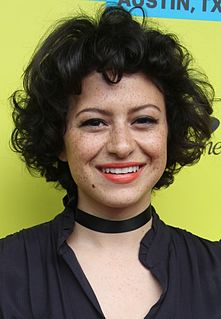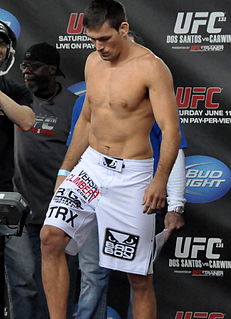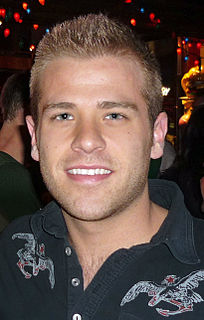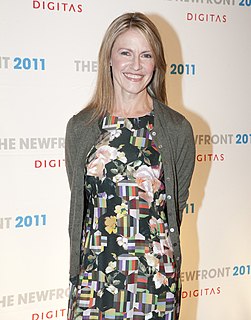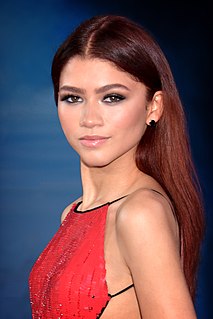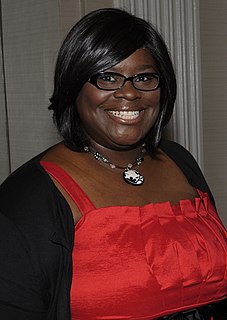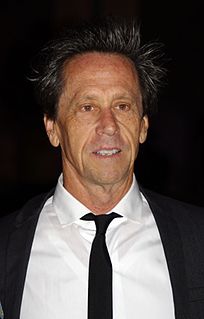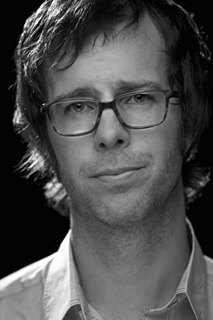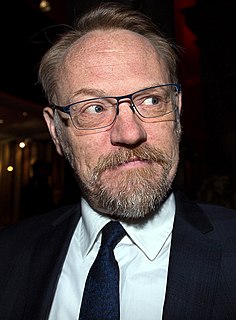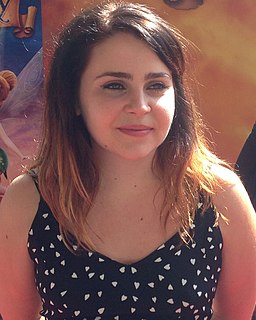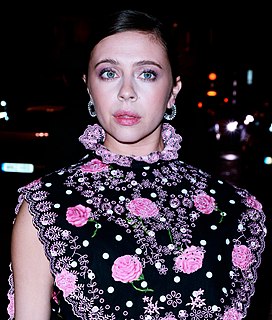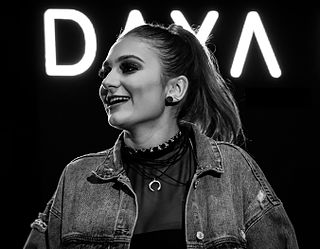A Quote by Alia Shawkat
After 'Arrested Development,' I didn't know for sure if I wanted to be an actor. I was hitting this wall, where I was the 'ethnic best friend' or the 'sassy teenager.' It felt like the same note, and I didn't feel like I was growing.
Related Quotes
Sizing was also important to me; I wanted to make sure that nobody felt alienated or felt like they weren't thought about in the process of this brand. I wanted to make sure that everyone felt included, which brings us to the gender neutral pieces - the idea of wearing what you want and whatever makes you feel comfortable and confident. I think that's the overall feeling of the Daya collection.
I think we're all actors. There's this friend of mine who's a great drummer, and he said, "I never thought I'd be a drummer, but I got really good at it. I always feel like I'm an actor playing the drums." His real calling was that he was going to be a magician. That's what he felt like he wanted to do. If you decide to act like a journalist, you'll probably be a better journalist than just being a journalist. What you're doing is, you're taking the executive role and stepping outside yourself so that you're able to make more objective decisions.
If you don't connect yourself to your family and to the world in some fashion, through your job or whatever it is you do, you feel like you're disappearing, you feel like you're fading away, you know? I felt like that for a very very long time. Growing up, I felt like that a lot. I was just invisible; an invisible person. I think that feeling, wherever it appears, and I grew up around people who felt that way, it's an enormous source of pain; the struggle to make yourself felt and visible. To have some impact, and to create meaning for yourself, and for the people you come in touch with.
I think 'Interscope' always puts the artist first, and they're focusing on these artists' development. I felt like that was a part of my career that I kind of needed to focus on after having come from the radio and getting exposure that way. I wanted to grow my brand and grow my fanbase, and they have proven to be the best fit for that.
